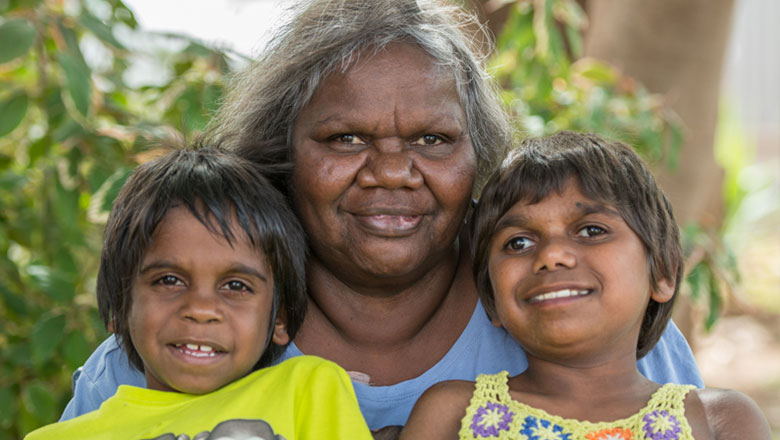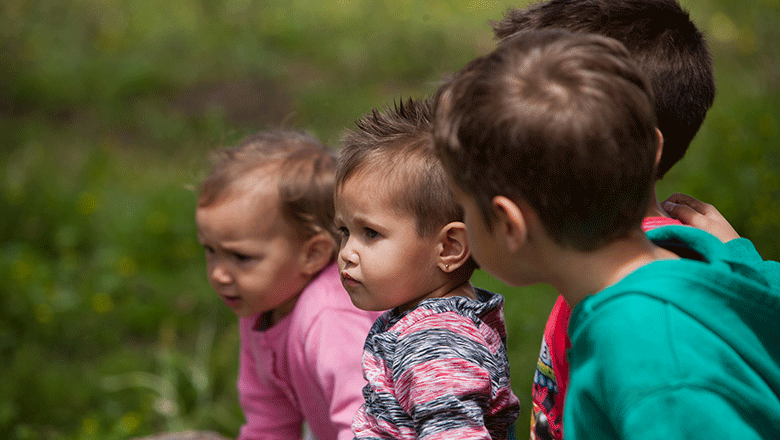Search
News & Events
Commitment to Aboriginal Children and Families 2013-2017Earlier this year we launched our Strategic Plan - Working Together 2013-2017. That statement has been developed into the Commitment to Aboriginal Children.
News & Events
Trans Tasman action to fast track rheumatic fever vaccinePrime Ministers of Australia and New Zealand have agreed to provide $3M to help fast-track the development of a vaccine against rheumatic fever.
News & Events
Pneumonia rates improve in Aboriginal childrenNew research from The Kids for Child Health Research shows that the pneumococcal vaccine program has contributed to closing of the gap
News & Events
It’s Time – new video on the Apology to the Stolen GenerationsIt's Time - new video on the Apology to the Stolen Generations
News & Events
Study opportunity for Aboriginal Health WorkersA new scholarship program offering Aboriginal Health Workers an opportunity to take up further study has been launched

News & Events
EVENT: Aboriginal Health ForumFollowing our highly successful Open Space Forums in 2014, The Kids warmly invites you to our next forum on Aboriginal Health.

News & Events
Aboriginal Ear Health Stakeholder Meeting (By invitation only)Acknowledging the enormous efforts in ear health programs across WA, we invite stakeholders to assist us in establishing research priorities.

News & Events
Every Friday: Child Health Research Seminars 2014Associate Professor Roz Walker has been involved in research, evaluation and education with Aboriginal communities building local capacity for 30 years.
News & Events
Healing precedes a positive future for Indigenous AustraliansThe Australian Government should form a National Indigenous Healing Foundation to provide compensation to the stolen generations.
News & Events
New Study Focuses on Teen Sex IssuesWestern Australian researchers are surveying secondary school students to find out what factors put young people at risk of unintended pregnancy.
